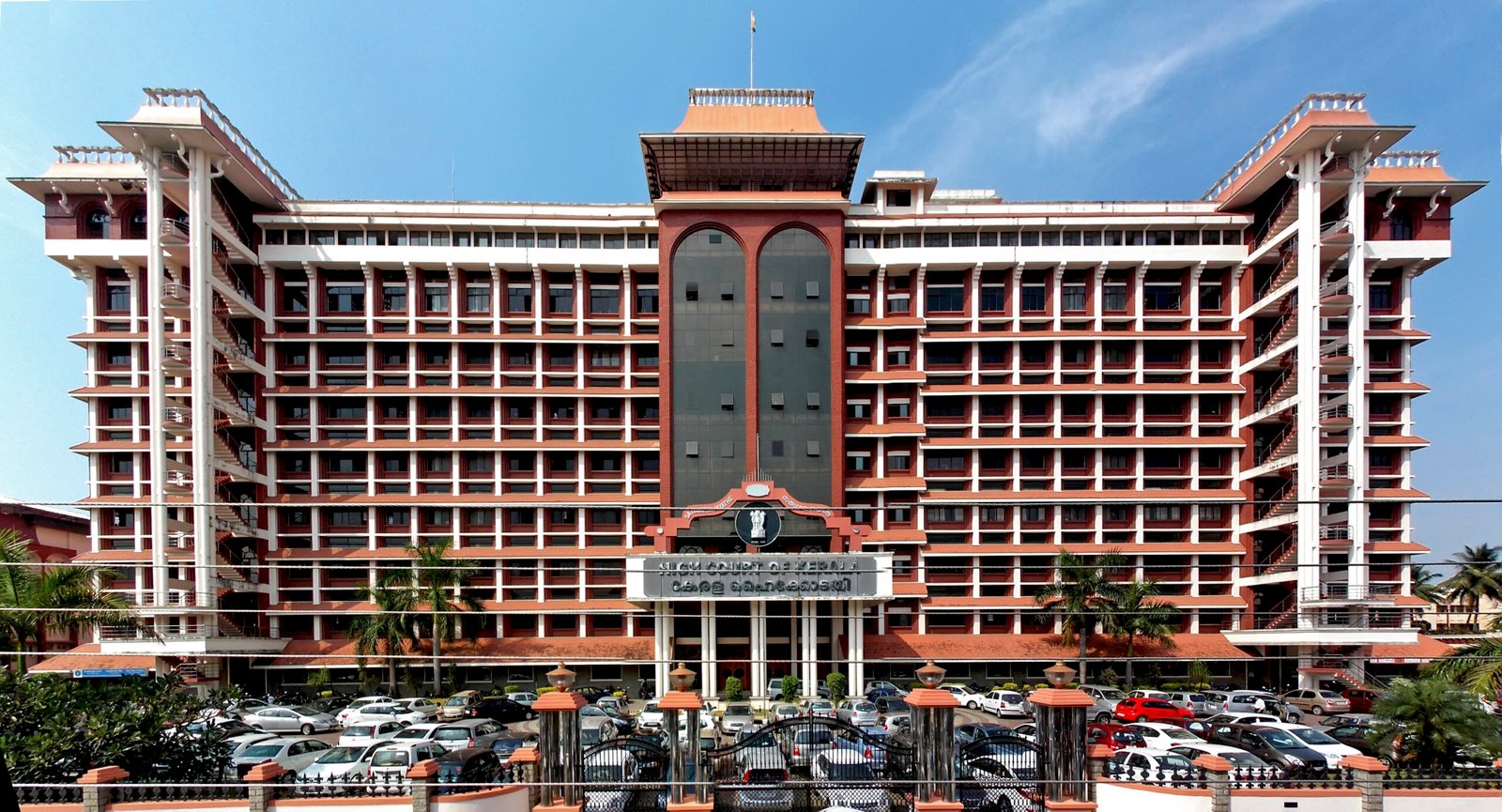When the matter was acknowledged by a seven-judge Constitution Bench, Senior Advocate Kapil Sibal suggested that the matter be prioritised, while SG Tushar Mehta opposed the same.
On Thursday, the Central government voiced its opposition to the Supreme Court’s prioritization of the Rojer Mathew judgment reference hearing.
This case has been assigned to a Constitution Bench comprising seven judges, tasked with issuing procedural directives. When the Bench, led by Chief Justice of India (CJI) DY Chandrachud, acknowledged the matter, Senior Advocate Kapil Sibal proposed prioritizing it. However, India’s Solicitor General, Tushar Mehta, objected to expediting the case due to political considerations. In response, the CJI stated that the Court would proceed with its judgment.
The case revolves around the question of whether the Finance Act of 2017, which amended the Finance Act of 1994, qualifies as a “money bill” under Article 110 of the Indian Constitution. At the heart of this matter is the examination of whether the 2017 Finance Act amendments fell under the purview of a budget bill and whether the procedures employed to pass the bill were valid.
A prior order issued by a five-judge Constitution Bench of the Supreme Court in November 2019 mandated that a larger bench should determine the legality of passing the Finance Act 2017 as a money bill. This decision was prompted by a series of petitions and a challenge to the 2017 Finance Act, which had modified the regulations governing the functioning of tribunals.
Previously, the Supreme Court had ruled on the passage of the Aadhaar Act as a budget law. As the decision was rendered by a five-judge bench, the Supreme Court referred this case to a seven-judge bench when issuing its 2019 ruling. Notably, CJI Chandrachud, who was an associate judge at the time, dissented in the Aadhaar case, asserting that the Aadhaar Act could not have been passed as a money measure.



